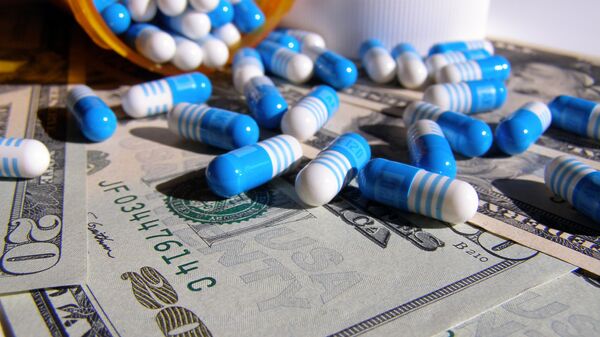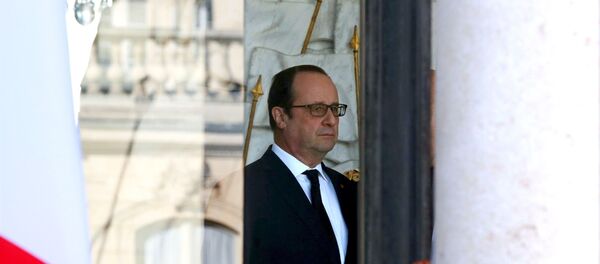Earlier in March President Francois Hollande stated that, in order to make medicine affordable to all, he would seek to persuade G7 partners to introduce global pricing regulation for pharmaceutical products during his upcoming May 26-27 meeting with group leaders.
The G7 countries house most of the major drug producers, and regulating prices is viewed by business and investors as a means in which governments harm their own manufacturers. As a result, G7 leaders are reluctant to make changes to the current patenting mechanism, which would affect pricing.
An urgent need for regulation has emerged due to the inexorable rise in prices for medicines, resulting in strong worldwide criticism, especially from developing countries. Campaigners globally have urged drug manufacturers to make vital life-saving drugs more affordable.
Drug makers defend their high profits by continuously striking the same note, that price cuts will force companies to cut investments in innovative research. Given the extremely high profit margins of most pharmaceutical companies, most take this old complaint with a grain of salt.
Hollande will raise the issue again during the upcoming G7 meeting in Japan, said the unnamed source, claiming that the French President is determined to start an "irreversible" process of changing patent rules.
Although a major pricing breakthrough is unlikely, some companies, like British GlaxoSmithKline have already stated that they are looking forward to adopting a graduated approach to pricing, depending on the average income in a particular country.



